Draft AUKUS laws would ‘allow disposal of British, US nuclear sub waste’, BAE concedes
The British company appointed to build Australia’s nuclear submarines says the government’s draft nuclear safety laws would allow the disposal in Australia of high-level radioactive waste from UK submarines.
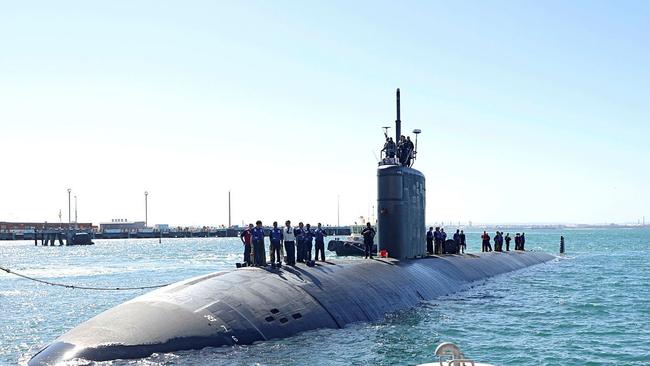
The British company appointed to build Australia’s nuclear-powered submarines says the government’s draft nuclear safety laws leave the door open to the disposal here of high-level radioactive waste from British submarines.
BAE Systems’ chief counsel made observation at a committee hearing examining the government’s naval nuclear power safety bill, which is due to be pushed through parliament after next week’s federal budget.
The bill will impose strict safety rules on facilities to be used “for managing, storing or disposing of radioactive waste from an AUKUS submarine”.
As it’s currently drafted, it defines an AUKUS submarine as a nuclear-powered, conventionally armed boat operated by Australia, Britain or the US.
Under questioning by Greens senator David Shoebridge, BAE’s Peter Quinlivian agreed that the wording of the bill opened a pathway for the disposal of high-level British radioactive waste in Australia. “The legislation as drafted is in language that would accommodate that scenario,” he said.
Britain is yet to dispose of any of the 20 nuclear submarines it has decommissioned since the 1980s. It estimates it won’t fully dispose of the boats, plus seven more due to retire in coming years, until the late 2060s.
Mr Quinlivian said BAE had not informed the British government of the prospect that Australia could legally dispose of its nuclear waste “because it didn’t immediately strike us”.
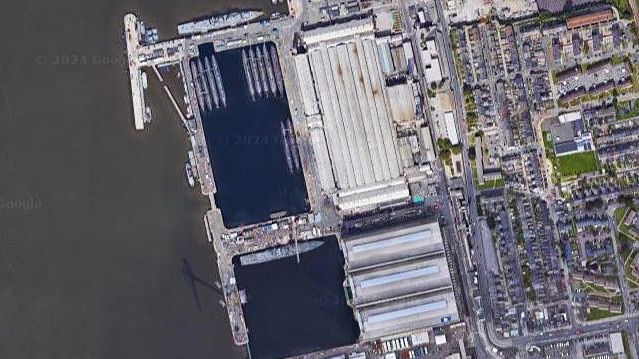
The apparent loophole flies in the face of Labor’s reassurances that AUKUS won’t require us to become a dumping ground for other countries’ nuclear waste.
Liberal senator David Fawcett asked Defence officials in the April 22 committee hearing whether the bill could be amended to avoid unintended consequences, something the government is understood to be open to.
In a written response, Defence conceded a tightening of the bill’s language could be needed. It said specifying the “disposal” of only “Australian submarine” nuclear waste would be consistent with government policy but the government would have to “carefully consider any amendment which excluded the possibility of regulatory control of the management of low-level radioactive waste from UK or US submarines”.
“The rotational presence of UK and US submarines in Western Australia … provides a core opportunity for Australia to learn how these vessels operate, which involves the management of low-level radioactive waste from routine sustainment operations,” the department said.
“Low-level radioactive waste will consist of items such as disposable gloves, wipes, reactor coolant and used personal protective equipment, with minor levels of contamination from contact with radioactive materials.
“Defence has a strong record of securely managing radioactive waste, which is stored safely in licensed facilities on the Defence estate.”
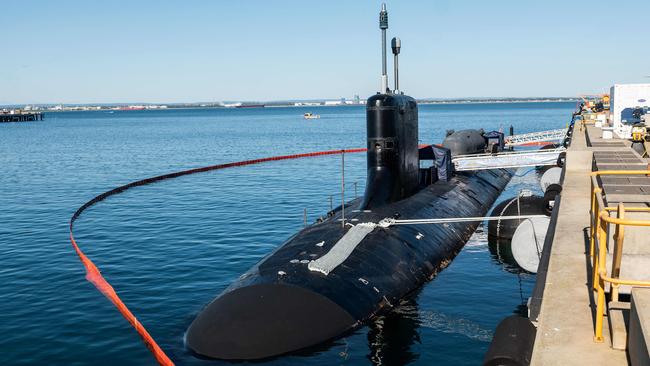
The Australian Radiation Protection and Nuclear Safety Agency is poised to declare a site at the HMAS Stirling naval base off Perth as a low-level radioactive waste management facility, but a decision on where to store high-level waste from Australia’s planned nuclear submarines is years if not decades away.
Defence Minister Richard Marles said after the government announced its nuclear submarine plans in March 2023 that Australia would not take nuclear waste from its AUKUS partners. “We’re not talking about establishing a civil nuclear industry, nor are we talking about opening Australia up as a repository for nuclear waste from other countries,” he told the ABC.
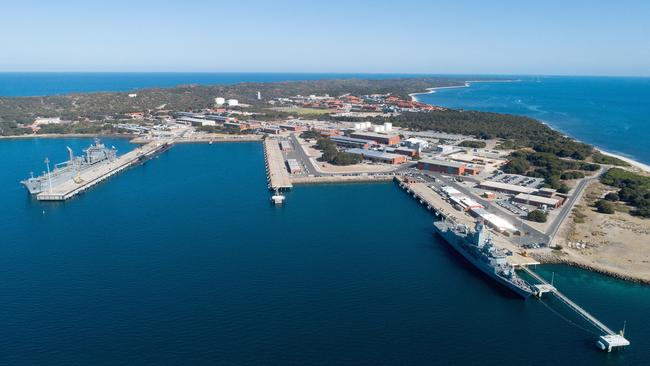
Senator Shoebridge said British bureaucrats were almost certainly “rubbing their hands together at the prospect of the Albanese government being foolish enough to pass this bill”.
“Minister Marles … has now been embarrassed by not only his own department but the very people he signed up to make the nuclear subs,” he said.
A Defence spokeswoman said the government would introduce a regulatory framework that delivered the highest levels of nuclear safety and stewardship.
“Australia will be responsible for nuclear waste generated from Australia’s conventionally-armed, nuclear-powered submarines over the full life cycle,” she said.
“The government has been clear that it will not accept high-level nuclear waste and spent nuclear fuel from other countries as part of Australia’s acquisition of a nuclear-powered submarine capability.”
The Senate standing committee on foreign affairs, defence and trade is to release its report on the Australian Naval Nuclear Power Safety Bill 2023 on May 13.


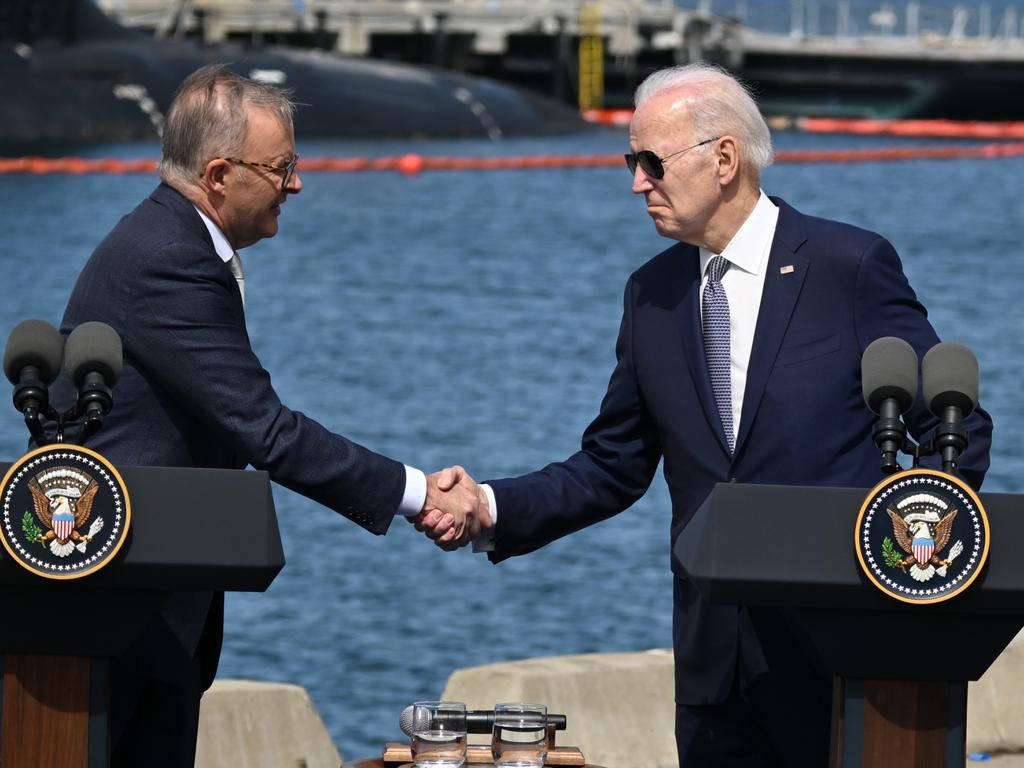

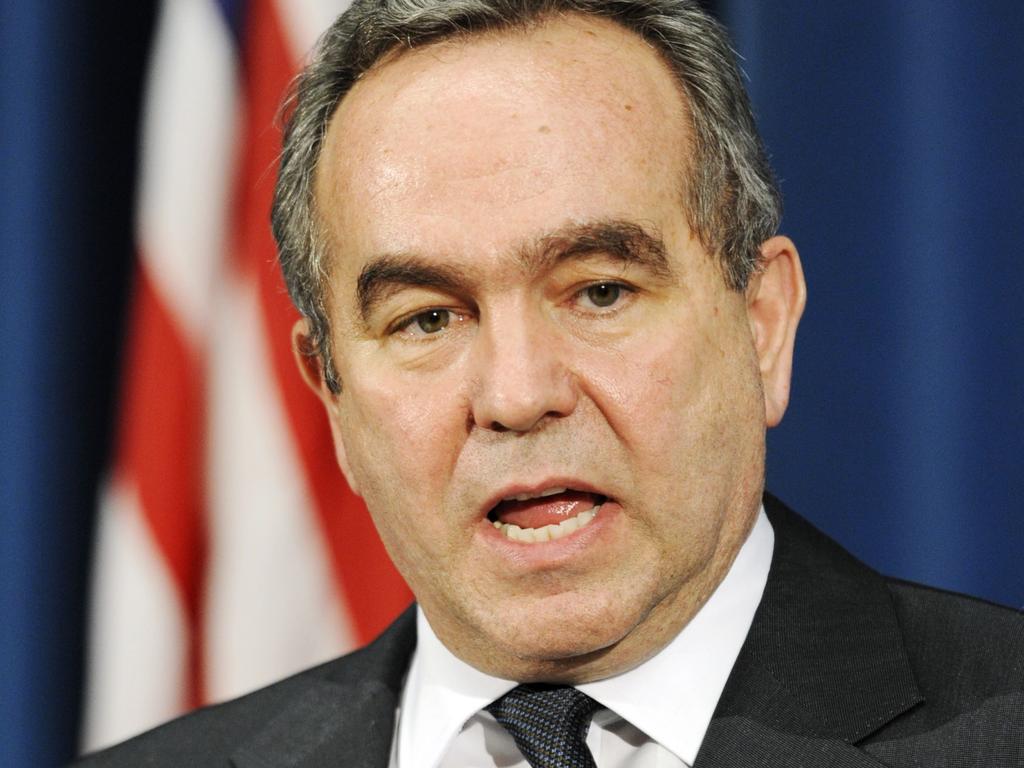


To join the conversation, please log in. Don't have an account? Register
Join the conversation, you are commenting as Logout